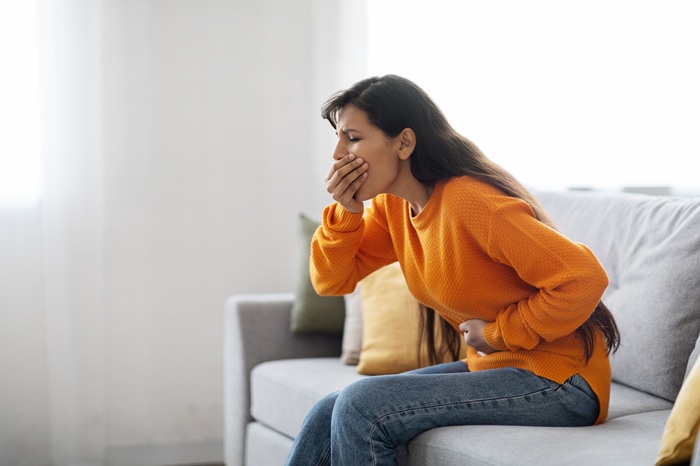Food poisoning is a common condition that occurs when you consume contaminated food or beverages. It can cause discomfort ranging from mild stomach upset to severe complications that require medical attention. Understanding its symptoms, causes, and treatment options is essential for timely recovery and prevention.

Food poisoning refers to an illness caused by consuming food or drinks contaminated with harmful microorganisms, such as bacteria, viruses, parasites, or toxins. It typically affects the gastrointestinal tract, leading to symptoms like nausea, vomiting, and diarrhoea after eating. While most cases resolve within a few days, severe forms can result in long-term health effects.
The signs of food poisoning can vary depending on the type of contaminant involved but often include:
In some cases, symptoms may overlap with stomach flu symptoms, making it essential to identify the underlying cause.
Food poisoning occurs due to the presence of harmful substances in food. Common culprits include:
Bacteria are a leading cause of food poisoning, often found in improperly stored or cooked foods:
Viruses commonly spread through contaminated food or water:
Parasites are less common but can still lead to food poisoning:
Toxins form when food is mishandled or stored improperly:
Diagnosing food poisoning begins with your doctor reviewing your symptoms and recent dietary history to identify potential sources of contamination. Here’s what the process typically involves:
Your doctor may perform a thorough physical exam to check for signs of dehydration, abdominal pain, or tenderness. This helps identify the severity of your condition and guides further testing if needed.
A stool sample is often tested to pinpoint the cause of infection, such as specific bacteria, viruses, or parasites. This is especially helpful in cases with prolonged diarrhoea, blood in stool, or outbreaks involving multiple people.
For severe cases or if complications are suspected, blood tests may be ordered. These tests help detect infections, electrolyte imbalances, or organ dysfunction that could arise from untreated food poisoning.
Treatment for food poisoning depends on the severity of symptoms. Most mild cases resolve without medical intervention, but some require specific care.
Home Remedies for Food Poisoning:
Gentle remedies can often help ease discomfort:
Medicine for Food Poisoning:
Medications may provide symptom relief, but they should be used cautiously:
Hospitalization:
In severe cases, especially when dehydration becomes critical or symptoms like bloody stools and persistent vomiting occur, medical intervention is necessary. Food poisoning specialists may administer intravenous fluids or perform other procedures to stabilize the condition.
Hydration
One of the most important steps in managing food poisoning is replenishing fluids lost due to vomiting and diarrhoea. Dehydration can lead to serious complications, so drinking water, clear broths, or electrolyte solutions is essential.
It’s essential to consult a doctor if you experience:
Specialized care can help address any long-term side effects of food poisoning, such as complications involving the liver, kidneys, or heart.
Food poisoning can disrupt your routine but is usually manageable with proper care. Recognizing the signs of food poisoning, maintaining hygiene, and handling food safely can reduce the risk of recurrence. If symptoms persist or worsen, consult a healthcare professional promptly.
What not to eat after food poisoning?
Avoid fatty, spicy, or fried foods as they can worsen symptoms. Stick to bland foods like bananas, rice, applesauce, and toast (the BRAT diet). Avoid dairy products initially, as they may be hard to digest.
How long does food poisoning last?
Symptoms typically last 1–3 days but can extend up to a week in severe cases. Recovery time depends on the cause of contamination and individual health.
How to relieve food poisoning stomach ache?
Drinking plenty of fluids, applying a warm compress, and consuming soothing teas like chamomile can help. Consult a doctor for persistent pain.
Is milk good for food poisoning?
Milk is not recommended during the initial phase of food poisoning, as it may irritate the stomach. Gradually reintroduce it once your digestive system stabilizes.